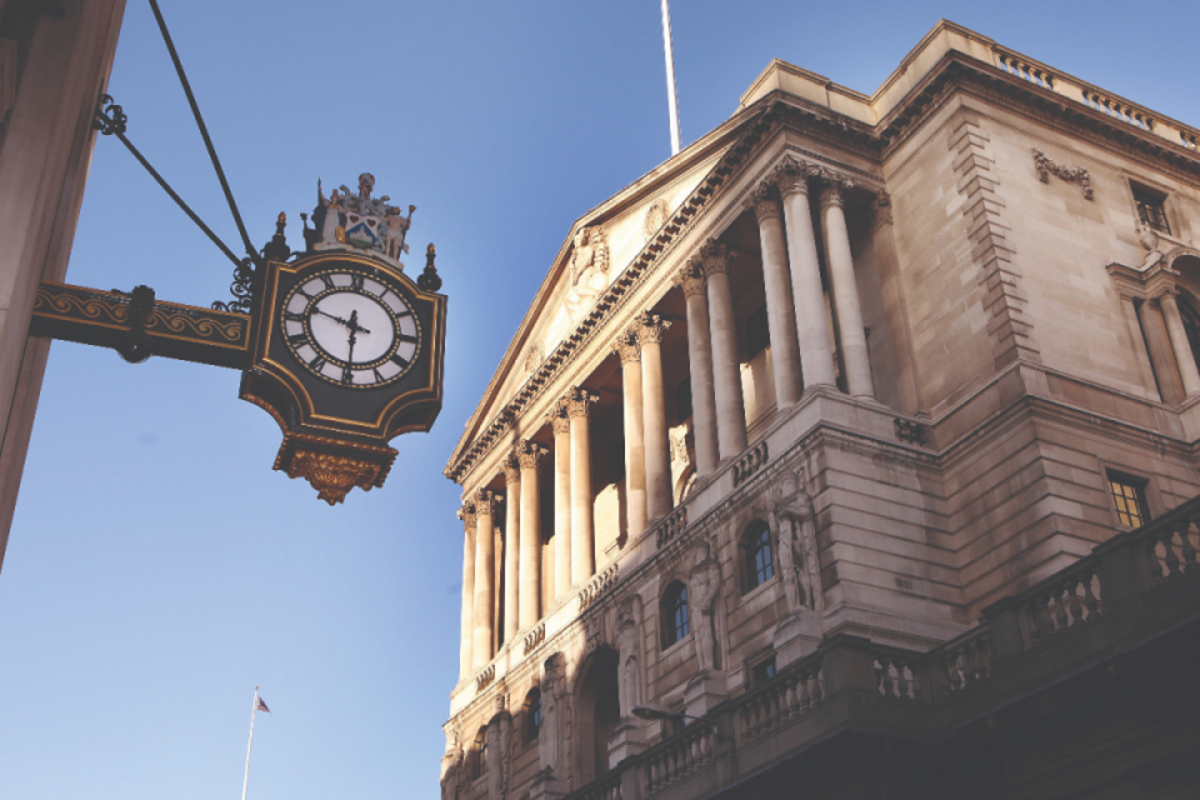By Paul Ormerod
Copyright cityam

Despite the Bank of England’s claim that Bank Rate controls inflation, recent policy decisions — including cutting rates while inflation stayed high — suggest the relationship is weak, inflation is more persistent than expected, and the MPC may be underestimating how hard it is to bring prices down, says Paul Ormerod
The Bank of England proclaims on its website that: “We set monetary policy to achieve low and stable inflation. This is our primary monetary policy objective”.
As the Bank itself points out, the Monetary Policy Committee (MPC) believes the main tool to control inflation is Bank Rate, the interest rate the Bank pays on deposits placed with it overnight by commercial banks.
It goes on to note that in practice this means “keeping inflation at two per cent over the medium term”.
However, in the year to August inflation was measured at 3.8 per cent.
Curiously, despite inflation being almost double the target rate, the MPC at its most recent meeting chose to hold Bank Rate at four per cent.
Even more curiously, given the high rate of inflation, over the past two years the only changes to the rate have been reductions, from a high of 5.25 per cent in the year from August 2023 to August 2024.
An inverse correlation?
So perhaps the Bank is correct to say that changes in Bank Rate are a way of controlling inflation. The MPC has reduced the interest rate and inflation has risen.
If there were indeed such a clear and direct relationship between Bank Rate and inflation, the behaviour of the MPC could be described as irresponsible in the circumstances.
But the connection between the two variables is murky, to say the least.
For example, for a full three years starting in January 2014 inflation was less than two per cent, even falling to zero for a time.
Yet at the same time, Bank Rate was as low as it has ever been in the 300-plus years of the Bank of England’s history, at either 0.25 or 0.5 per cent, figures which seem like a dream today.
It was in fact cut to 0.5 per cent as long ago as March 2009, so there was a long period of stability during which the interest rate was close to zero.
Despite this stability in the policy tool which is meant to control inflation, the latter fluctuated considerably over the same period. It was, for example, five per cent in 2011, and touched zero in 2015
Despite this stability in the policy tool which is meant to control inflation, the latter fluctuated considerably over the same period. It was, for example, five per cent in 2011, and touched zero in 2015.
Of course, many factors can influence the inflation rate. The sharp rise in world energy prices in 2021/22, for example, led to a surge in inflation.
But since then, the Monetary Policy Committee has been consistently over-optimistic about the speed at which inflation would fall.
The economy has been sluggish since Labour came to power in July 2024. The lack of demand should both discourage companies from putting prices up and lead workers to moderate their pay demands.
There is some evidence that the latter is happening, but at a very modest rate. The latest data shows annual pay increasing at an annual rate of 4.7 per cent, having been just above five per cent earlier in the year.
The wage and salary bill is by far the largest single component of costs across the economy as a whole. And given the very low growth in productivity, increases in wages are not being offset by improvements in efficiency but going straight onto costs.
The massive rise in worklessness is undermining the traditional pressures which lead slow economic growth to moderate wage increases. Growth is slow, but many workers are dropping out of the labour force, enhancing the bargaining power of those that remain.
In short, there is much more inertia in inflation than the MPC has appreciated. It has become harder to get it down.
Bank Rate is an imperfect tool to control inflation. But instead of holding it at four per cent, the MPC ought to bring in a sharp increase if it is serious about meeting the two per cent inflation target.
Paul Ormerod is an Honorary Professor at the Alliance Business School at the University of Manchester, an economist at Volterra Partners LLP, and author of Against the Grain: Insights of an Economic Contrarian, published by the IEA in conjunction with City AM



